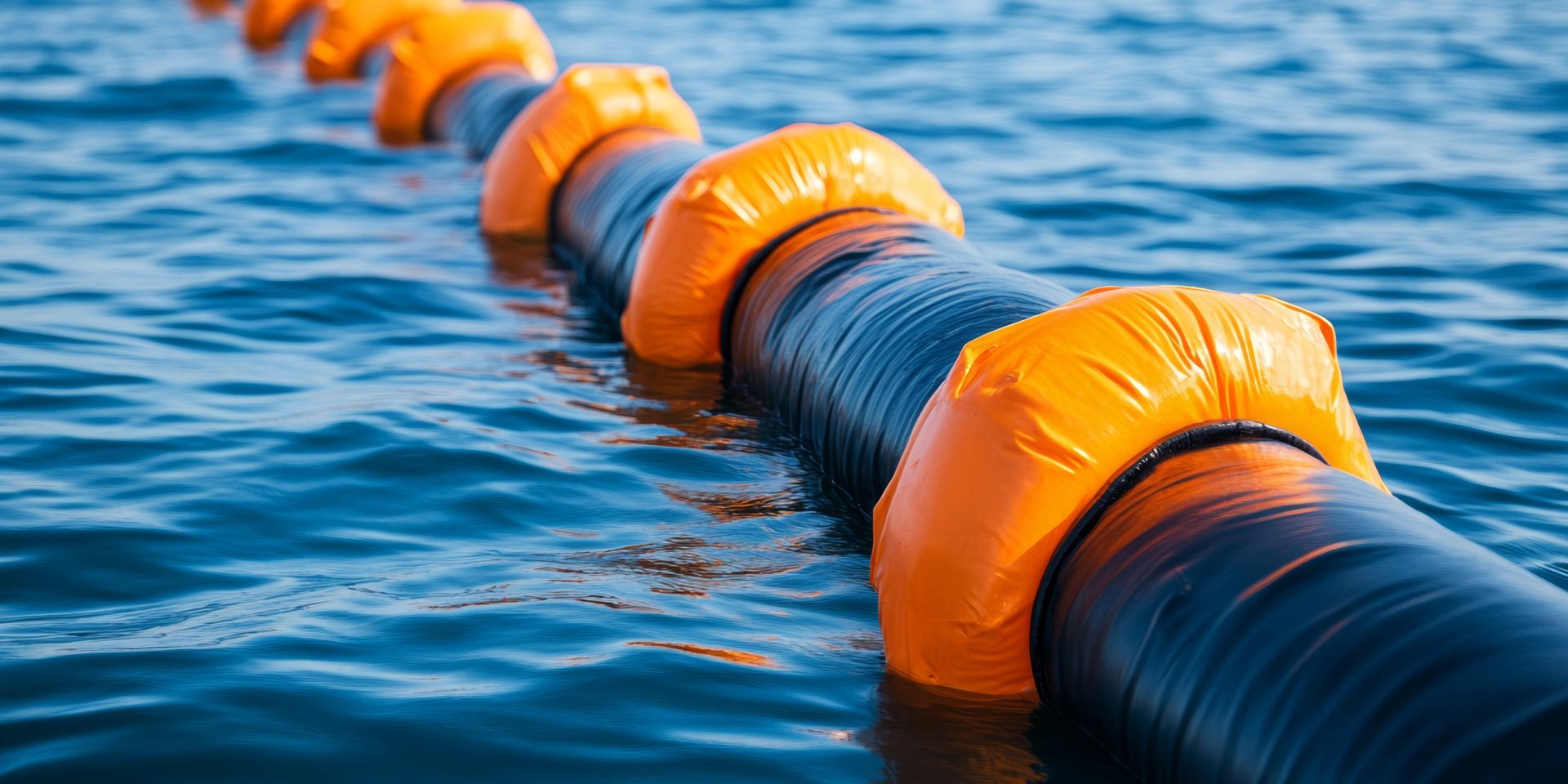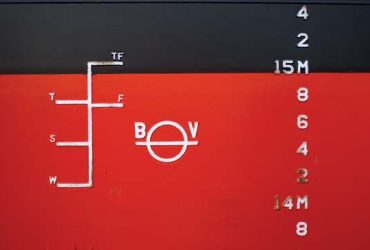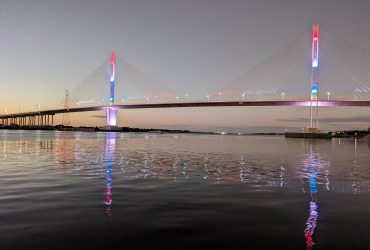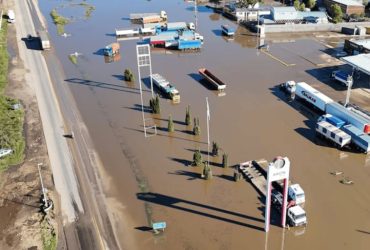New Regulation on Environmental Protection in the Main Navigable Waterway
Recently, a regulation has been enacted that establishes the requirement for all ships and barge convoys transiting the Main Navigable Waterway to have an OSRO COVERAGE CERTIFICATE (Oil Spill Response Organization). This certificate must be issued by a national company duly authorized by the Argentine Naval Prefecture, in Maritime Category A.1, in accordance with Ordinance 5/99. Service providers must register in the appropriate registry.
This regulation is framed within a legal context of various norms aimed at preventing water pollution from hydrocarbons and other hazardous substances. For clarification, the Argentine Naval Prefecture defines hydrocarbons as “oil in all its forms” and contaminants as “any substance that poses environmental and health risks when in contact with the aquatic environment.”
Relevant laws and decrees include:
- Law 18.398: Functions of the Argentine Naval Prefecture in pollution prevention.
- Law 22.190: Regime for the prevention and surveillance of pollution from vessels.
- Decree 2532/1993: Declares national interest in actions to control oil spills.
- Decree 427/2021: Grants concessions for the maintenance of the signaling system in the Main Navigable Waterway.
As part of the previous mentioned contract concession, the General Administration of Ports must take measures to preserve the environment and ensure compliance with these regulations, preventing potential damage or incidents related to pollution by utilizing its resources and technical knowledge, considering the ecological importance of prevention.
Shipowners and maritime agents are jointly responsible to the General Administration of Ports for non-compliance with this regulation. Furthermore, the General Administration of Ports is instructed to conduct compliance checks regarding this provision, and in the event of a lack of certification, they may contract it on behalf of the users, with the possibility of charging up to three times its value.
The regulation will come into effect thirty days after its publication, and compliance is essential to ensure a safe and sustainable maritime environment.
This provision reinforces the authorities’ commitment to environmental protection and navigation safety, aiming to prevent potential damage and ensure an efficient response to any pollution-related incidents.




